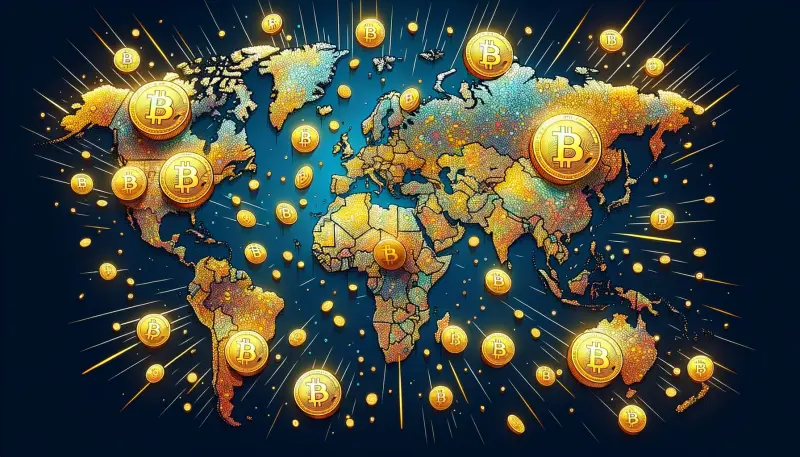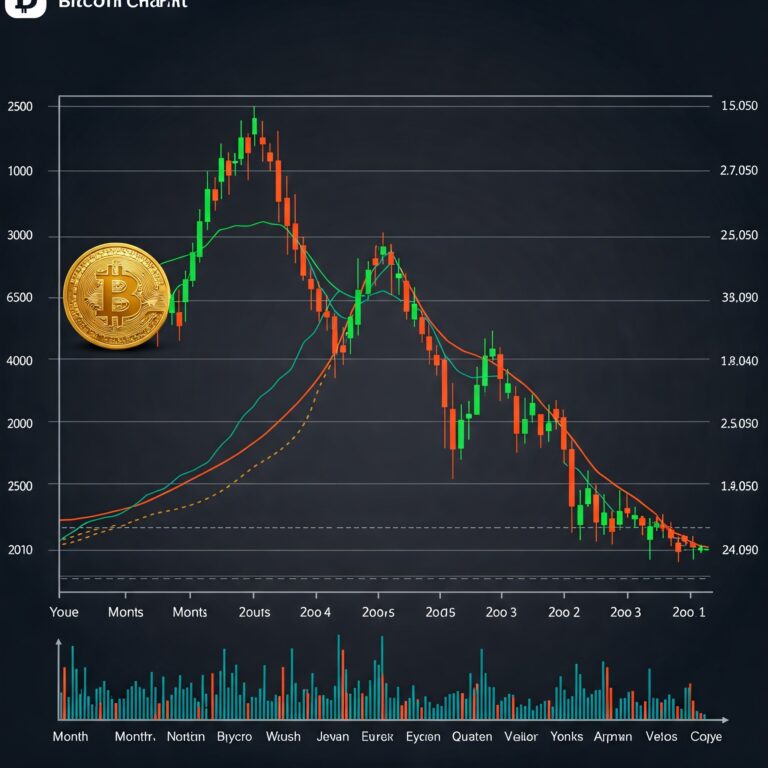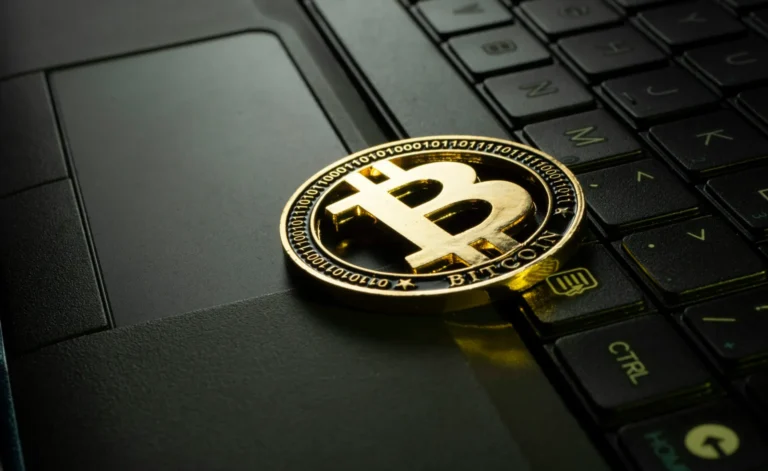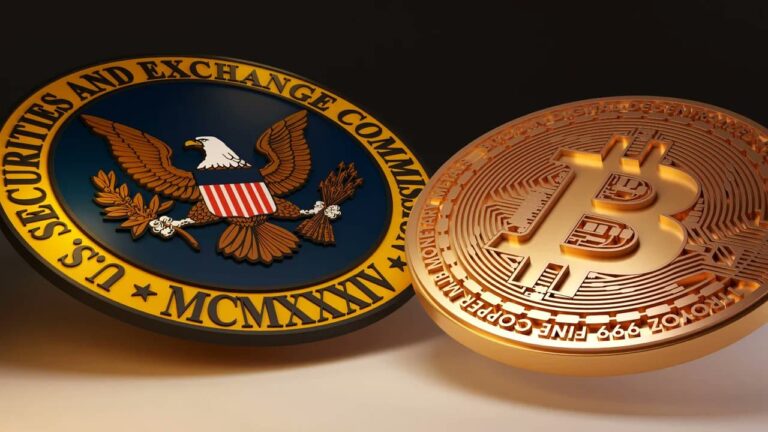
The Push for Bitcoin in Global Finance
As the world moves toward a digital financial ecosystem, Bitcoin continues to gain traction as a potential reserve asset. While central banks traditionally rely on fiat currencies and gold reserves, a growing number of financial experts and policymakers argue that Bitcoin could serve as a hedge against inflation and economic uncertainty. The question remains: Will the United States lead the charge in pushing G20 nations to adopt Bitcoin as part of their national reserves?
US Influence on Global Monetary Policy
The US holds a significant position in global economic leadership, particularly within the G20 framework. As the issuer of the world’s primary reserve currency, the US dollar, the United States exerts considerable influence on international financial policies. If the US were to formally recognize Bitcoin as a strategic asset, it could set a precedent for other G20 nations to follow.
Recent developments, such as increasing institutional adoption of Bitcoin and growing interest from US lawmakers, suggest that digital assets are becoming a central topic in financial policy discussions. Several high-profile investment firms, including BlackRock and Fidelity, have launched Bitcoin-related financial products, further legitimizing the cryptocurrency in mainstream finance.
Bitcoin as a Hedge Against Economic Instability
Many nations, particularly those facing currency devaluation and inflation, may see Bitcoin as an alternative reserve asset. Countries like Argentina and Turkey, where inflation rates have soared, have witnessed an uptick in Bitcoin adoption among businesses and individuals. A coordinated push from the US could encourage these and other G20 economies to allocate a portion of their reserves into Bitcoin to diversify risks.
Moreover, geopolitical tensions and sanctions have prompted some nations to explore alternative financial instruments that are less dependent on traditional banking systems. Bitcoin’s decentralized nature offers a potential solution for countries seeking financial sovereignty.

Regulatory and Political Challenges
Despite its advantages, Bitcoin adoption at a sovereign level faces several hurdles. Regulatory uncertainty, volatility, and concerns about illicit finance remain significant obstacles. Some G20 central banks remain skeptical, fearing that Bitcoin could undermine monetary policies or threaten financial stability.
In the US, the regulatory landscape for cryptocurrencies is still evolving, with agencies like the SEC and CFTC playing key roles in shaping digital asset policies. A clear and favorable regulatory framework in the US could encourage G20 nations to take Bitcoin more seriously as a reserve asset.
The Road Ahead
Whether the US will actively push for Bitcoin adoption among G20 nations remains uncertain. However, the increasing integration of Bitcoin into mainstream finance suggests that global monetary policies could gradually shift toward accepting digital assets.
As Bitcoin matures and regulatory frameworks solidify, it may only be a matter of time before major economies start considering Bitcoin reserves—not as a replacement for traditional assets, but as a complementary store of value in a rapidly changing financial world.





